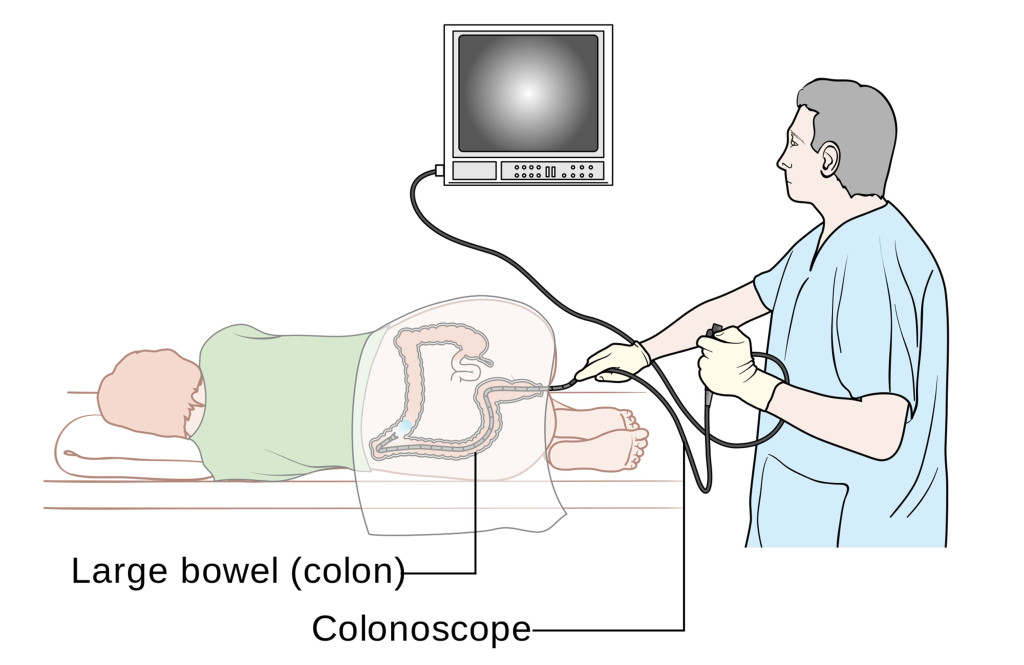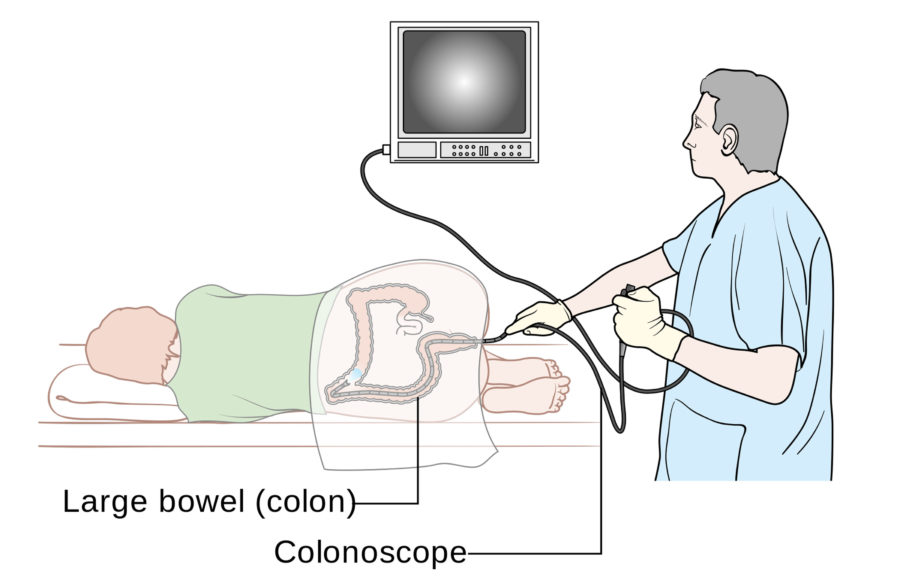
Recommended to Undergo Colonoscopy at Least Once Every 10 years
- According to recent medical statistics, people from French-speaking parishes like Acadiana in southern Louisiana are at a 25 percent higher risk of acquiring colon cancer than the rest of the general public. And even more astonishing, younger people in these regions are 30 percent more likely to acquire the disease than younger people from other parts of the United States.
- Louisiana ranks fifth in cancer-related deaths in the U.S. Only four other states rank higher. And perhaps more alarming, the second leading cause of death in Louisiana is cancer.
- Colonoscopies can lead to early detection of the disease. With earlier detection comes a much great chance for successful treatment.
- Both men and women over the age of 50 years old are at a substantially higher risk of acquiring colon cancer than younger people.
- Patients suffering from any one of the following conditions are more likely to benefit from a colonoscopy because they are at a much higher risk of acquiring colon cancer:
- Those suffering from obesity
- Smokers
- Those with a family history of cancer
- Large consumers of alcohol
- Those whose diets include a lot of red or fatty meats
Colon cancer usually begins as a series of small polyps found in the digestive tract. These microscopic abnormalities will grow in size very slowly but steadily over time. When the polyps are caught early, they can be easily removed, very often during the initial colonoscopy exam itself. Contact us for further information. We’ll be happy to answer any of your questions or concerns.


